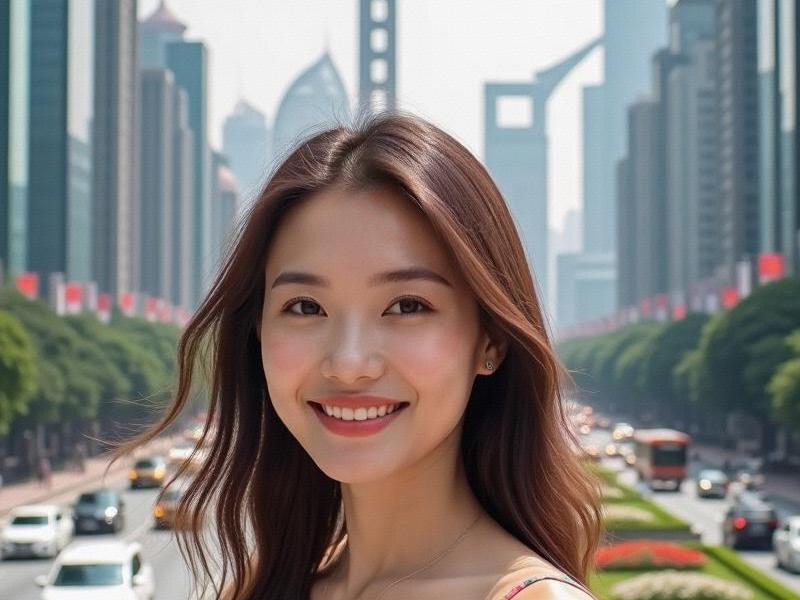
The morning crowd at Xintiandi's %Arabica coffee shop could pass for a fashion week runway. Here, Shanghai's style-conscious women showcase what Vogue China editor Margaret Zhang calls "the most interesting fusion of East-West aesthetics happening anywhere in the world today." These trendsetters represent the vanguard of a beauty movement that's making Shanghai the undisputed fashion capital of Asia.
At the heart of this revolution is what locals call "hǎipài" (海派) style - Shanghai's distinctive approach to fashion that emerged in the 1920s and has undergone a dramatic revival. Modern hǎipài blends traditional Chinese elements (delicate embroidery, cheongsam silhouettes) with bold contemporary touches (oversized blazers, techwear fabrics). "It's about honoring our heritage while fearlessly embracing the future," explains designer Xiao Wen Ju, whose Xuhui-based label has dressed international celebrities.
The numbers tell a compelling story. Shanghai now hosts:
- 43 international beauty brand headquarters
- 78 local cosmetic startups valued over $100 million
上海龙凤419自荐 - Asia's largest beauty influencer community (over 15,000 professionals)
The city's beauty market grew 28% last year to $9.3 billion, surpassing Seoul and Tokyo in per capita spending.
What makes Shanghai's beauty scene unique is its technological edge. The Zhangjiang High-Tech Park houses China's premier cosmetic research centers, where scientists develop everything from AI-powered skin diagnostics to pollution-defying serums. Local brand "Shanghai Glow" recently made headlines with its blockchain-verified organic ingredients tracking system.
The streets serve as living laboratories. On any given day along Anfu Road, you'll see:
上海娱乐 1. Office workers sporting "Jing'an Office Chic" - tailored suits with traditional frog buttons
2. Art students experimenting with "Huangpu Punk" - neon dyes paired with vintage Mao jackets
3. Socialites showcasing "French Concession Glam" - modern qipaos with 3D-printed accessories
This creative energy has birthed remarkable entrepreneurs. Former finance executive Lucy Wang launched "CHEERS," a beauty app that uses facial recognition to recommend products based on Shanghai's unique humidity and pollution levels. It now has 12 million users across China. "Shanghai women don't just consume beauty - we reinvent it," Wang says during a demo at her WeWork office.
爱上海同城对对碰交友论坛 The phenomenon has profound cultural implications. Shanghai's beauty standards emphasize intelligence and individuality over rigid physical ideals. A recent Fudan University study found 68% of local women reject the "white, skinny" stereotype prevalent elsewhere in Asia, preferring what they call "smart beauty" - a focus on healthy skin and confident self-expression.
Challenges persist beneath the glossy surface. The pressure to maintain appearances contributes to Shanghai having China's highest rate of cosmetic procedures per capita. Mental health professionals report rising cases of "selfie dysmorphia," particularly among Gen Z women. In response, grassroots movements like "Real Me Shanghai" promote unretouched social media campaigns.
As the sun sets over the Bund, the city's beauty transformation continues into the night. At newly opened concept store "House of Aurora," customers experience augmented reality makeup trials while sipping collagen-infused cocktails. It's this relentless innovation that keeps Shanghai at fashion's cutting edge.
"Twenty years ago, Chinese women looked to Paris and New York for style cues," observes Vogue International editor Suzy Menkes. "Today, the world is watching Shanghai."
